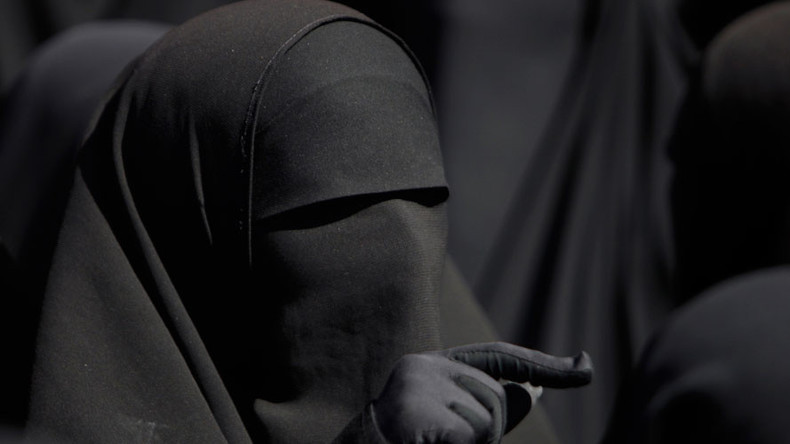Who understands Islam and where should information about Islam come from? A common error made about Islam in progressive society is: You cannot read the Koran and understand it. Oddly, both Muslims and Kafirs (non-muslims) seem to accept the assertion, most without questioning it.
How do you know if what you are being told is true?
Here’s the thing, accepting the assertion means; Muslims are always right and Kafirs are always wrong. How many other things in your life do you approach this way?
Many Kafirs accept as true anything a Muslim says about Islam. But how do you actually know if the person you are talking with about Islam is telling you the truth? Because a person believes something does not make it true. Do you have any friends who color their speech with their own points of view instead of sticking strictly with facts?
Many adherents to Islam believe the full Koran should govern all aspects of life. However, let me assert to you most Muslims do not follow all of the full Koran. Rather, most simply adhere to the 5 pillars found in the Koran of Mecca.
Islamic worldview and Kafir worldview
There are at least two different world views. The Kafir worldview has freedom, mercy, justice and fairness. But these western concepts do not apply to Islam. In the Islamic worldview, only Allah can tell you about freedom. In Islam freedom is slavery to the shariah. There is no justice outside the shariah in Islam.
The logic of; you cannot read the Koran and understand it says: It is ridiculous to think you can teach yourself about the Koran. You can only be taught about Islam by a “true Muslim” to know the “true knowledge”. Only Muslims understand Islam. You see, if you understood Islam, you would become a Muslim. So it is impossible for you to understand the Koran. Do you agree with that logic?
Therefore, since you are not a Muslim you do not understand Islam. The logic is a non sequitur. Who taught the first Muslim? According to the doctrine of Islam the Angel Gabriel appeared and relayed the word of God to Muhammad.
What Gabriel communicated to Muhammad was not written down until years after Muhammad’s death. Muhammad did not write his teachings down. So, how do we know we have good information about this “true Knowledge”?
Belief is submission; Critical thought calls for more…
Human beings cannot understand the Koran because these are the words of Allah. At least that is an assertion some make. But wasn’t Muhammad a human being? Did Muhammad understand the Koran? Do we have anything besides Muhammad’s claim corroborating he is the prophet of Allah?
What other than the level of violence perpetrated by the followers; is different about Islam than the Hindu, Shinto, Catholic or other religions? Aren’t all religions, at their core, belief in God? Let’s look at this a little differently.
Isn’t being self-taught the culmination of scholarship? If people are barred by Islam itself from critical thought what does that tell us about Islam? Why there are so few new ideas coming from Islam? Is it because of the lack of critical thought. If good new ideas are measured in Nobel Prizes what percentage has gone to Islam? Is this a direction that will lead the world in a positive direction?
Ethics and the golden rule
Kafirs use the golden rule. It is a unitary ethic. In western society all people receive the same treatment under the law. Our knowledge comes from critical thought. In Islam the ethics and the thought process all come from Koran, Sira and Hadiths (the Trilogy). The only place ethics and thought can come from in Islam s the Trilogy.
Most of Islamic doctrine is about Mohammed, not the Koran. In the Koran it says in 89 verses you should follow Mohammad as we find his life in the Sira and the Hadiths. The Sira is the biography of Mohammed. Can you read and understand a biography? Well yes, yes you can.
So, if you have an interest in Islam after you have read the Sira, you are much better prepared to understand most of the Koran. You will be able to read the Koran in the right chronology. It makes the Koran much more easily understood.
The Hadith are collections of stories of what Mohammed said or did. Can you read about and understand an incident that involves a man? Well yes, yes you can. And if you have a problem understanding a verse, then go to an exegete. Exegesis is a critical explanation or interpretation of a text, particularly a religious text. An exegete is one who does the explanation. An exegete such as Ibn Kathir can explain any verse.
What’s the point?
The point in this ramble is: Don’t believe everything you are told. You can read and understand any part of Islamic doctrine. Something is Islam if it is Koran, Sira, Hadith. If it is not in the Trilogy it is not Islam. It is pretty simple. Taking up any new subject requires study and willingness to work at learning. When someone tells you, “You cannot read the Koran and understand it.” They are wrong. But remember it is easier if you start with the Sira first.
Perhaps they have an ulterior motive for asserting what is factually incorrect. If they were correct how would anyone ever learn about Islam? Why are the teachings of the religion written down now? Who understands Islam and where should information about Islam come from? Just think about it… may it motivate you to action.
